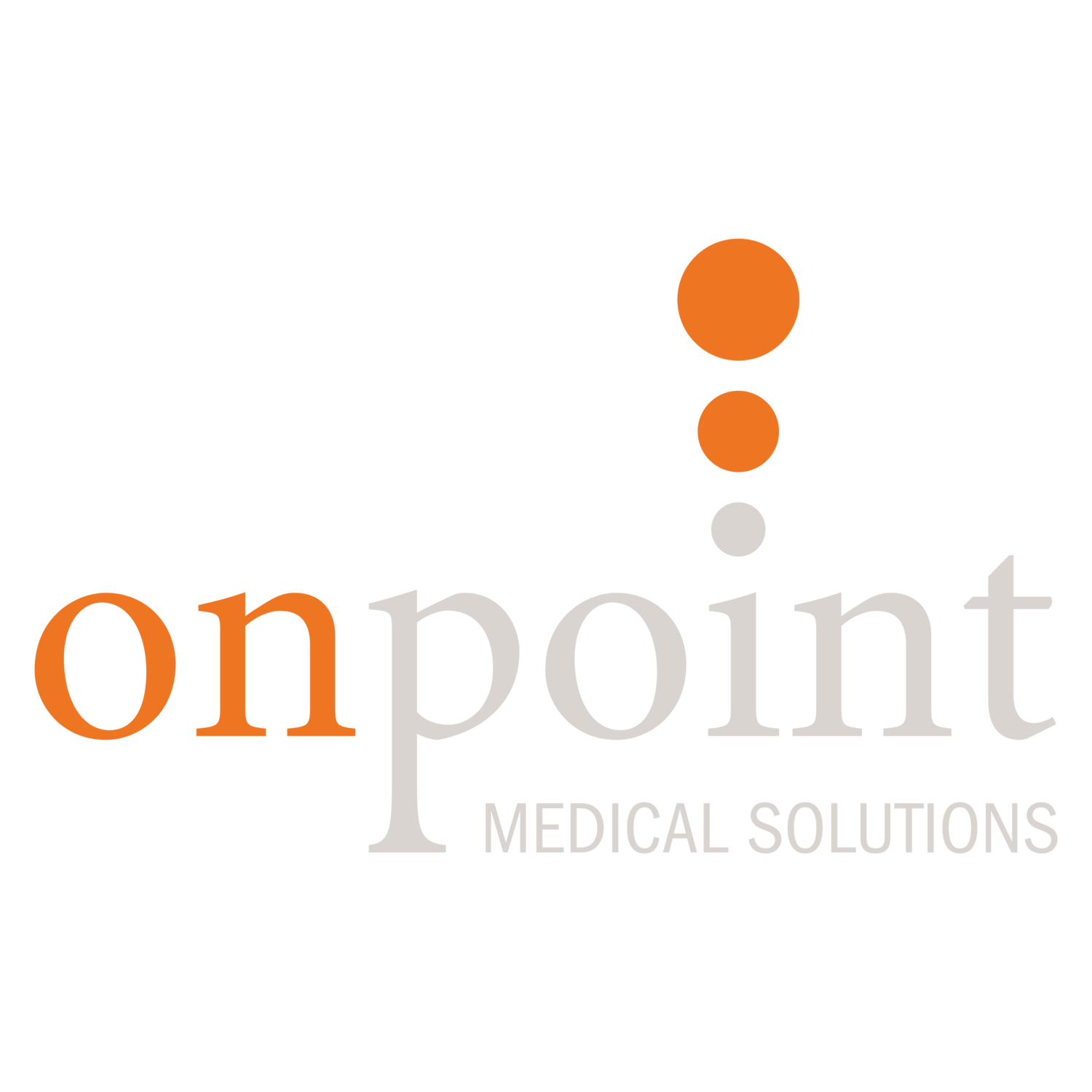What is the Cost of Doing Medical Billing and Collections In-House?
Medical billing and collections are critical components of running a successful healthcare practice. However, determining whether to handle these tasks in-house or outsource them is a decision that requires careful consideration. Below, we will explore the costs associated with doing medical billing and collections in-house and help you make an informed decision for your practice.
1. Personnel Costs
One of the significant expenses of in-house medical billing and collections is personnel. Hiring and training staff members to handle these tasks can be a considerable investment. Additionally, you must hire enough staff to ensure checks and balances are in place. How will you cover vacations, leaves, and sick days? You must factor in the salary, benefits, and ongoing training costs for billing specialists, coders, and collection agents. Additionally, staff turnover can further increase these expenses and require training time.
2. Technology and Software
You would require specialized software and technology to manage medical billing and collections in-house efficiently. This includes electronic health record systems, billing software, claim scrubbing tools, and secure payment gateways. These systems often come with a substantial upfront cost, along with ongoing maintenance and updates.
3. Infrastructure and Office Space
Running an in-house billing and collections department requires dedicated office space, equipment, and infrastructure. You must factor in costs such as rent, utilities, furniture, computers, printers, and other office supplies. Additionally, ensuring compliance with HIPAA regulations may involve additional data security measures expenses.
4. Training and Education
The healthcare industry constantly evolves, with frequent updates to coding systems, billing regulations, and compliance requirements. In-house billing and collections teams must stay updated with these changes through regular training and education. These costs can include attending conferences, seminars, and certification programs to ensure staff members have the necessary knowledge and skills.
5. Staffing Challenges and Productivity
Managing an in-house billing and collections team involves inherent challenges, such as employee absenteeism, leaves, and productivity fluctuations. These factors can impact the efficiency and effectiveness of your billing operations, potentially leading to revenue loss. Additionally, staff members may require ongoing supervision and management, which can take away valuable time from other aspects of running your practice. The staff in these positions must be responsible for billing and collection only. It isn’t reasonable to expect that they can work part-time in other positions.
The AAPC reports the struggle to find the right biller as medical claims pile up is a growing nightmare among healthcare professionals. Finding the right biller can take between a week and several months. And claims languishing all that while means the next medical biller who steps in will be snowed under with work.
6. Compliance and Risk Management
Medical billing and collections involve navigating complex regulations and ensuring compliance with HIPAA, Medicare, Medicaid, and private insurance guidelines. Maintaining compliance requires dedicated efforts, ongoing training, and audits to mitigate non-compliance risk. Failure to comply with regulations can result in penalties, fines, and even legal consequences.
Conclusion
While handling medical billing and collections in-house provides you with greater control and oversight, it's essential to consider the costs involved. Personnel expenses, technology investments, infrastructure, training, and compliance efforts contribute to the overall cost. It's crucial to evaluate these factors against the benefits and efficiencies gained by managing these processes internally.
Before making a decision, consult with experts or consider outsourcing options. Outsourcing medical billing and collections to a reputable third-party provider can help alleviate the financial burden and allow you to focus on patient care while benefiting from their expertise, specialized technology, and experience navigating complex billing regulations.
Ultimately, the choice between in-house or outsourced medical billing and collections depends on your medical practice's unique needs and resources. By carefully weighing the costs and benefits, you can make an informed decision that aligns with your practice goals and objectives.

